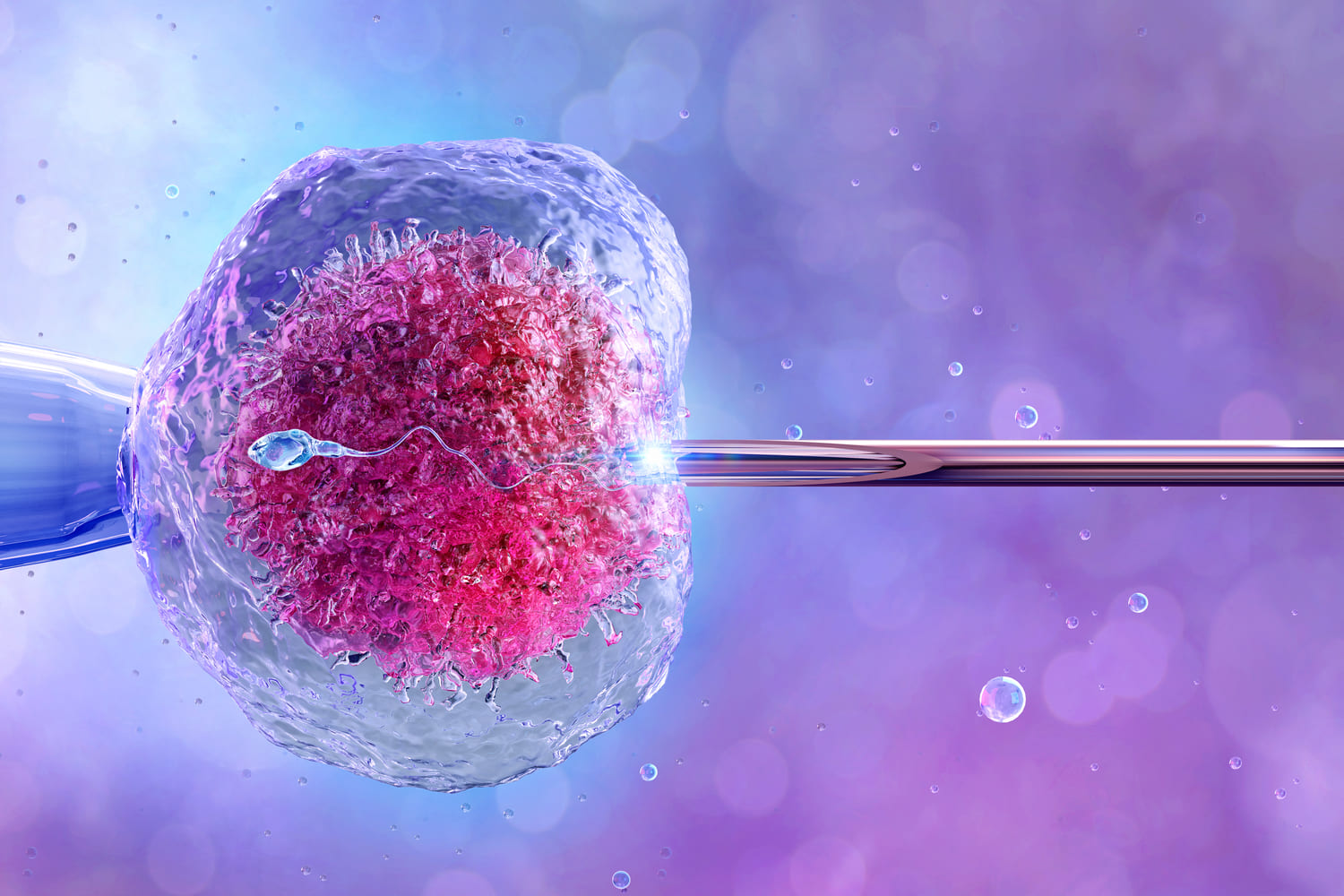Author: Dr. Tejinder Kaur MBBS, Diploma in Hospital Administration, Diploma of National Board training, Fellowship in Reproductive Medicine
Consultant: Obstetrician & Gynaecologist at Motherhood Hospital, Mohali
Anticipating the arrival of a baby is remarkable for women. A woman goes through various physical, psychological, and hormonal changes to prepare for labour. According to Dr Tejinder Kaur, MBBS, Diploma in Hospital Administration, Diploma of National Board Training, Fellowship in Reproductive Medicine, Consultant-Obstetrician and Gynaecologist, it is natural for pregnant women to feel concerned and anxious about the labour process and the accompanying pain. Modern medicine, however, has made it comparatively easier and bearable for women. The best pregnancy doctor and a vaginal birth enthusiast in Mohali now recommend promising solutions for expectant mothers to seek a comfortable birthing experience.
Techniques for Painless Normal Delivery
Of late, there has been a lot of buzz around painless childbirth or delivery. It, however, does not suggest that the women would experience no pain at all. It denotes that the pain would be manageable leading to a less stressful period of 9 months. The laparoscopic surgeon in Mohali tells us that having an active pregnancy and informed decision-making during your pregnancy certainly helps you prepare for an effortless labour process (painless vaginal delivery). The expectant mothers must be mindful of certain things before delivery to ensure a painless normal delivery. It includes:
1.Yoga During Pregnancy
Although only light or moderate exercise is recommended during pregnancy yoga during pregnancy is mostly safe as it does provide relief from the pain. In addition, you can also try pranayama to relax your mind. Make sure, however, that you perform such exercises only in the presence of an experienced professional.
2.Enroll in a Childbirth Class
Today, a lot of pregnancy support groups conduct childbirth classes to familiarize yourself with the stages of labour. It makes sure that you practice comfort measures before the event to help you feel less anxious.
3.Have a Support Group
Although you have a supportive partner by your side, you may still need additional help. For instance, you and your partner may get trained on support for a labouring person and their partners.
4.Distract Yourself
In first-time pregnancies, labour lasts for more than 12 to 24 hours. Hence, when you feel contractions, you will feel them first in your lower back. When you start feeling so, do not panic or worry as it can worsen the contractions.
5.Eat Lighter Snack
Eating lighter snacks in the early stages of labour will help you maintain energy levels. Avoid fatty or hard-to-digest foods as these can make your stomach too much full and you will begin to feel nauseated. It can also cause vomiting during labour. Moreover, staying hydrated is also important to maintain stamina in labour.
6.Take a Shower
Pain also causes tension all over your body which can create discomfort. A warm shower can help you counter that response. For labour, a warm shower is fine at any stage of labour.
7.Get in the Tub
According to the best pregnancy doctor in Mohali, soaking in a warm bathtub can also help you ease the pain. These days, a lot of women also consider having a water birth for relaxation in early labour. If you want, you can also discuss your alternatives with your doctor.
Thinking of pain associated with labour is normal for expectant mothers. It is, however, not normal to stress yourself out way before the labour pain. To make this easier, you can try the above-mentioned techniques and discuss them with your best pregnancy doctor in Mohali, Dr Tejinder Kaur. You can consult her at the Motherhood Hospitals.
At Motherhood Hospitals, we have a team of experienced supers specialists backed by the latest infrastructure and facilities. We have the best gynaecologist in Mohali. We are experts in handling complex deliveries, gynaecological, and other surgeries including a range of laparoscopic surgeries.
Do take an appointment with the best woman care hospital in Mohali at a centre closest to you. Meet with our doctors who will carry out the required investigations, diagnose the issue and recommend the most appropriate treatment, enabling you to lead an active life.
If you wish to get in touch with Dr. Tejinder Kaur, please book your appointment here.


 Toll Free Number
Toll Free Number
















